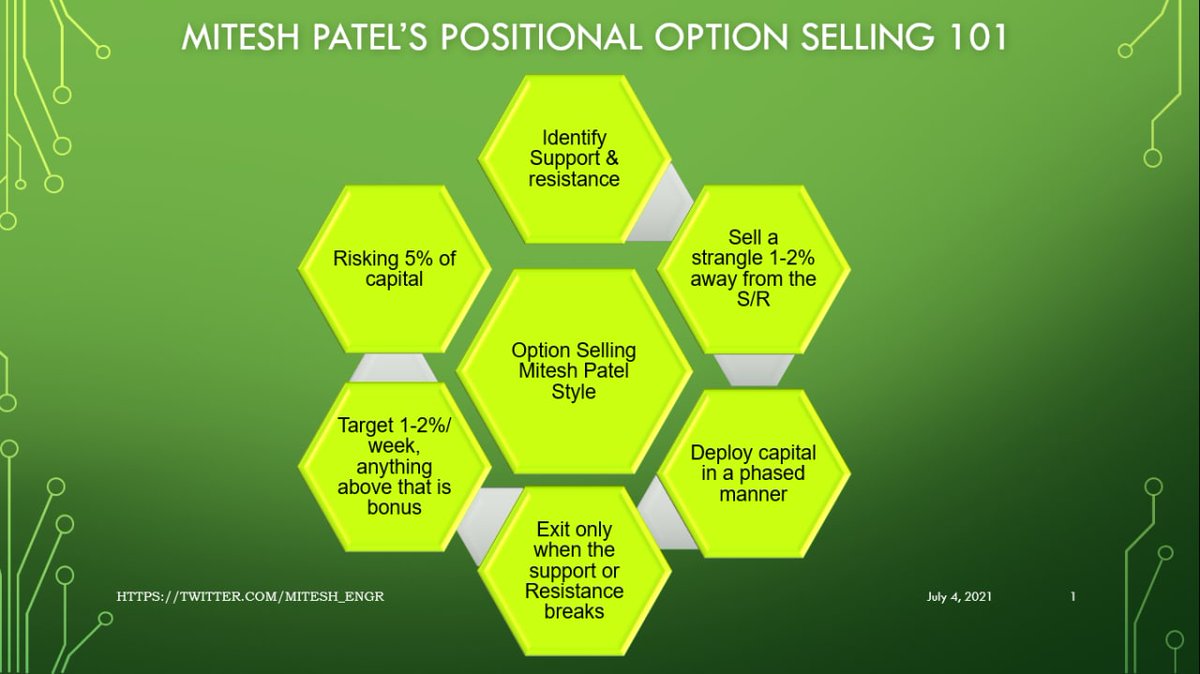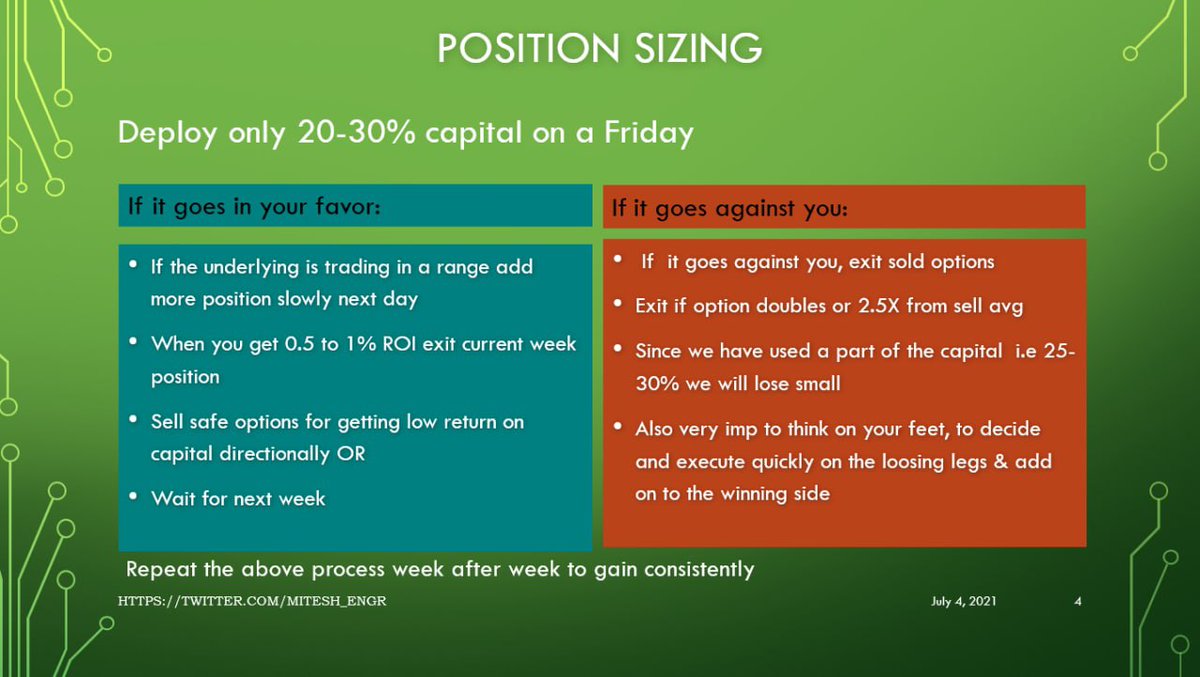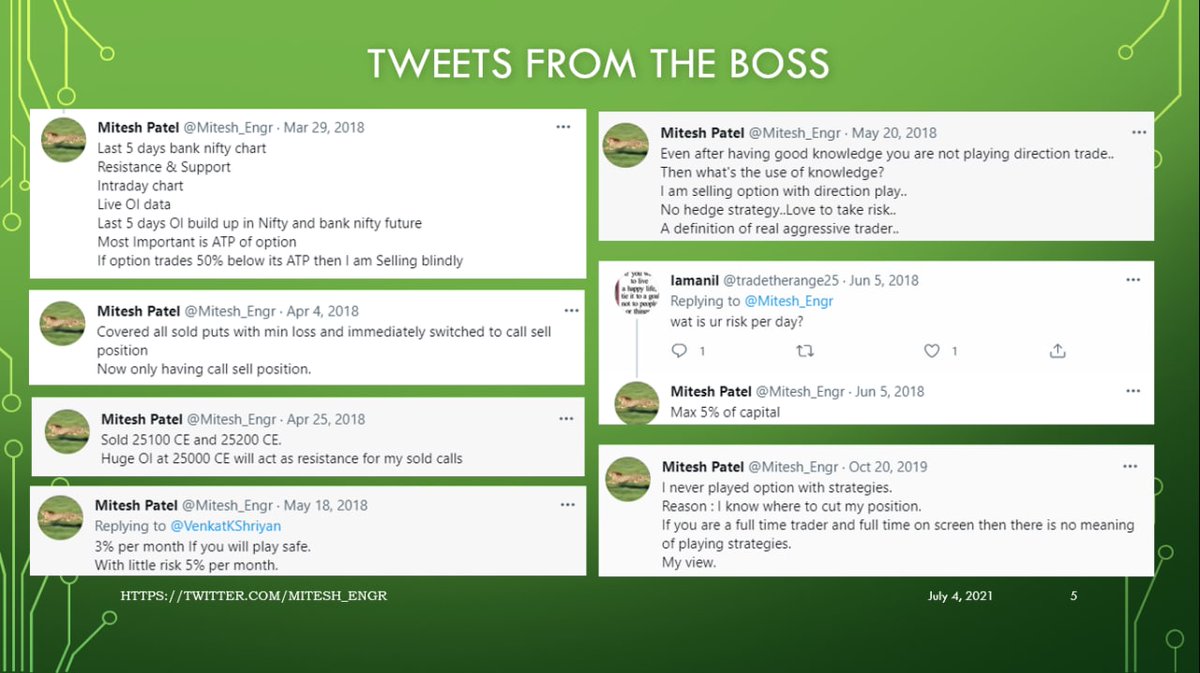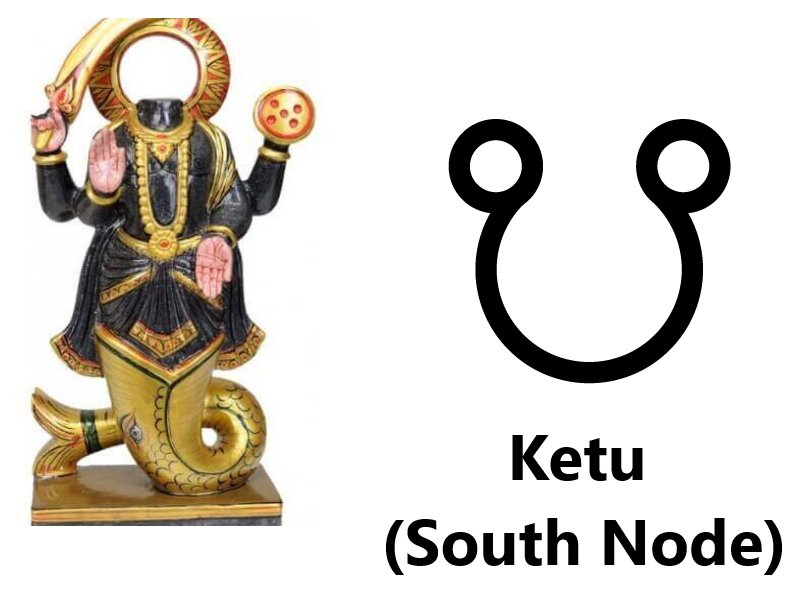That’s collateral.
You want to buy a house.
You take a loan from the bank.
The bank asks you, “what if you don’t pay back?”
You say, “take my home and sell it”.
(Thread)
That’s collateral.
So a loan where the bank has collateral is considered safer for the bank.
The economy had just recovered from the tech bubble in 2000 where many banks had given out loans to businesses that had shut down.
They did so.
Banks made good money by selling these loans. There was a demand for it.
So they started giving out even more loans to supply the high demand.
Banks give out money to borrowers to buy a house.
Then, banks sell this mortgage to institutional investors.
So they again have money.
This money they lend out again.
Again, they sell this new mortgage to institutional investors.
And so does the price of houses.
But towards the end of 2007, many people start defaulting on their loans.
No big deal.
They start putting these houses up for sale.
More people default on their loans.
More houses come on sale.
Supply and demand kick in.
There are so many houses on sale and not enough buyers.
So house prices start falling.
More borrowers start defaulting on their loans. More houses come on sale. Houses continue to become so cheap, borrowers cannot recover their money.
Banks run out of money to lend.
With some industries slowing down, the economic cycle starts getting affected.
With that, comes job losses.
With job losses, comes reduced spending.
With reduced spending, comes a slowdown.
Right after the 2000 tech bubble, investors and the entire economic system was determined to avoid another tech bubble.
The US being such a major economy, this recession affected the entire globe.
The impact of such massive events is that people’s focus is on making sure the same doesn’t repeat.
That continued right from 2012 to 2020.
In 2020, the markets fell just as sharply.
It was caused by a pandemic - a threat nobody quite expected or saw coming.
The lesson for the investor is the same be it the tech bubble of 2000, the Great Recession of 2008, or the pandemic of 2020.
More from All
Viruses and other pathogens are often studied as stand-alone entities, despite that, in nature, they mostly live in multispecies associations called biofilms—both externally and within the host.
https://t.co/FBfXhUrH5d

Microorganisms in biofilms are enclosed by an extracellular matrix that confers protection and improves survival. Previous studies have shown that viruses can secondarily colonize preexisting biofilms, and viral biofilms have also been described.

...we raise the perspective that CoVs can persistently infect bats due to their association with biofilm structures. This phenomenon potentially provides an optimal environment for nonpathogenic & well-adapted viruses to interact with the host, as well as for viral recombination.

Biofilms can also enhance virion viability in extracellular environments, such as on fomites and in aquatic sediments, allowing viral persistence and dissemination.

You May Also Like
Hello!! 👋
• I have curated some of the best tweets from the best traders we know of.
• Making one master thread and will keep posting all my threads under this.
• Go through this for super learning/value totally free of cost! 😃
1. 7 FREE OPTION TRADING COURSES FOR
A THREAD:
— Aditya Todmal (@AdityaTodmal) November 28, 2020
7 FREE OPTION TRADING COURSES FOR BEGINNERS.
Been getting lot of dm's from people telling me they want to learn option trading and need some recommendations.
Here I'm listing the resources every beginner should go through to shorten their learning curve.
(1/10)
2. THE ABSOLUTE BEST 15 SCANNERS EXPERTS ARE USING
Got these scanners from the following accounts:
1. @Pathik_Trader
2. @sanjufunda
3. @sanstocktrader
4. @SouravSenguptaI
5. @Rishikesh_ADX
The absolute best 15 scanners which experts are using.
— Aditya Todmal (@AdityaTodmal) January 29, 2021
Got these scanners from the following accounts:
1. @Pathik_Trader
2. @sanjufunda
3. @sanstocktrader
4. @SouravSenguptaI
5. @Rishikesh_ADX
Share for the benefit of everyone.
3. 12 TRADING SETUPS which experts are using.
These setups I found from the following 4 accounts:
1. @Pathik_Trader
2. @sourabhsiso19
3. @ITRADE191
4.
12 TRADING SETUPS which experts are using.
— Aditya Todmal (@AdityaTodmal) February 7, 2021
These setups I found from the following 4 accounts:
1. @Pathik_Trader
2. @sourabhsiso19
3. @ITRADE191
4. @DillikiBiili
Share for the benefit of everyone.
4. Curated tweets on HOW TO SELL STRADDLES.
Everything covered in this thread.
1. Management
2. How to initiate
3. When to exit straddles
4. Examples
5. Videos on
Curated tweets on How to Sell Straddles
— Aditya Todmal (@AdityaTodmal) February 21, 2021
Everything covered in this thread.
1. Management
2. How to initiate
3. When to exit straddles
4. Examples
5. Videos on Straddles
Share if you find this knowledgeable for the benefit of others.























